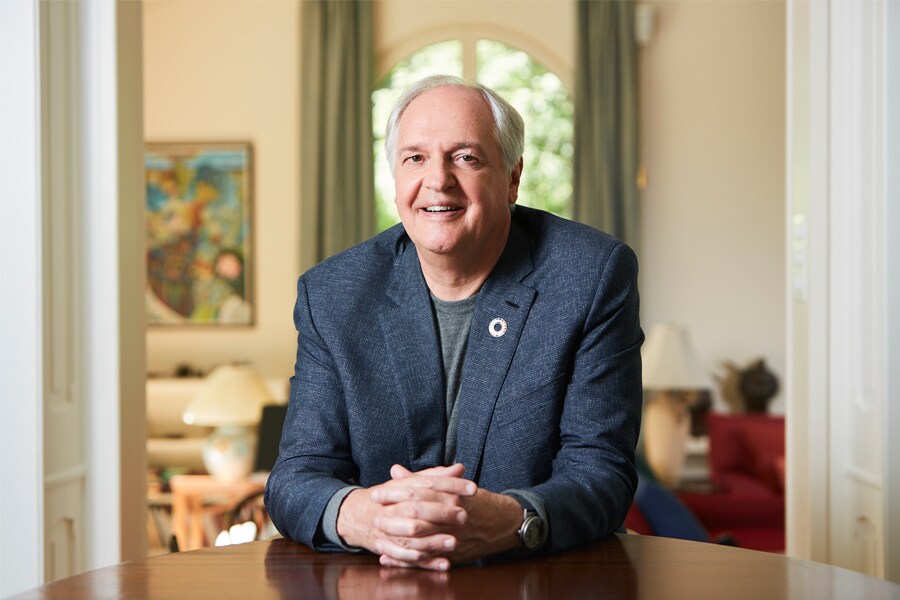
Executives must ask if the world is better off because their business is in it: Paul Polman
Companies better positioned for the future are those that improve the well-being of everyone they impact and at all scales, says former Unilever CEO Polman
 Paul Polman, Author and Former CEO, Unilever
Paul Polman, Author and Former CEO, Unilever
Paul Polman works to accelerate action by business to achieve the UN Global Goals, which he helped develop. He was the CEO of Unilever from 2009 to 2019. He is also the co-author of Net Positive: How Courageous Companies Thrive by Giving More Than They Take. In an interview with Forbes India, he points out the need to look beyond traditional CSR and make sustainability a core part of the business strategy.
Q. There has been a spurt in sustainability initiatives in recent years. What’s your perspective on the scale and speed of such efforts?
You are absolutely right that there has been an increase in the number of companies working to improve their impact on the world. The World Economic Forum recently surveyed 12,000 business leaders around the world on the biggest risks facing their companies over the next decade, and six of the top ten threats they worry about relate directly to global warming and the destruction of natural ecosystems. Thousands of companies and financial institutions have introduced, or are committed to introducing, decarbonisation targets aligned with best science, representing over a third of the global economy and rising. In some cases, companies are moving much faster than governments; Infosys, for instance, achieved carbon neutrality in 2020, which is decades ahead of most national targets. Also, industry was instrumental in securing the new international targets to reverse nature loss by 2030, which were agreed in Montreal at the COP15 summit in 2022.
But you are also right that the issue is speed and scale. More companies are finally moving towards business models which better serve people and the planet, but clearly as a whole we are still not moving fast enough. Two of the most urgent problems facing humanity are climate change and widening inequality. Our problems are moving faster than we are collectively applying solutions. So we need to accelerate. This is why we wrote Net Positive, to help mobilise more executives and more companies, so that we can begin to tackle these problems with critical mass.







